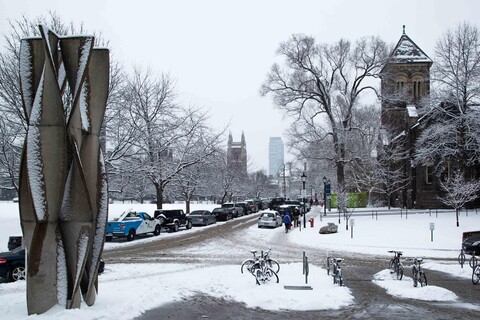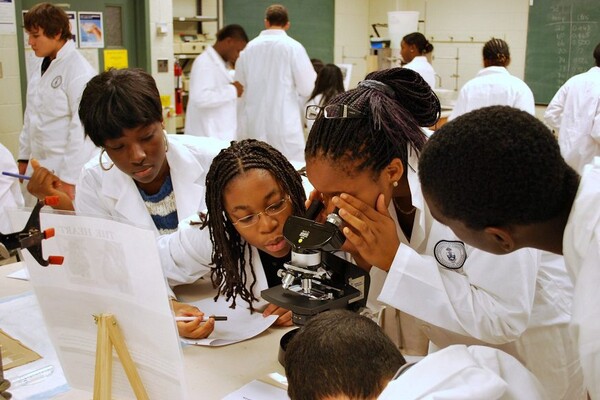Mobile Menu
- Education
- Research
-
Students
- High School Outreach
- Undergraduate & Beyond: Community of Support
- Current Students
- Faculty & Staff
- Alumni
- News & Events
- Giving
- About


First, the good news. We are pleased to report that 95 per cent of current U of T MD students matched to a residency position yesterday. In addition, all the previously unmatched U of T medical students who participated in this CaRMS cycle successfully matched. We are also proud to report that 100 per cent of Post MD residency positions at the University of Toronto were filled. U of T is the only medical school in Canada that has filled all its residency positions in the first round. Half our MD students matched to residency spots at U of T.
While we have the lowest number of unmatched students since 2015 — and less than half the number of last year — 13 MD students went unmatched in this first round. We recognize that this is a personal and professional disappointment to those students who didn’t match. This result will not define their careers. This is also not a reflection of the quality of our curriculum or the career advising and counselling we provide to our students. The Faculty of Medicine stands ready to provide the personalized support required to assist unmatched students as they prepare for the second iteration of CaRMS matching. We will also work with students to identify additional options as they prepare to take the next steps necessary for their professional development.
Across Canada, there are 209 residency positions still open. Of those, all but seven are available to our students and 101 are specifically set aside for Canadian Medical Graduates (CMGs). Starting this year, residency positions in the second round of the match in Ontario, Manitoba and Alberta are streamed between CMGs and International Medical Graduates (IMGs) such that CMG spots are only available to CMG students. This is a further step in ensuring that all graduates of Canadian medical schools can access a residency position in Canada to complete the education necessary to enter practice.
In addition to this change, the Office of Health Professions Student Affairs (OHPSA) has been taking additional proactive steps to prepare students for the CaRMS process. This includes reviewing their documents, interview coaching, mock dress interviews, and preparations for Match Day. A dedicated communications platform — Matchannel — was also developed to deliver timely news and tips. These steps, coupled with the dedication of our students and the support of our faculty and staff, has helped to improve the round one match results for our MD students.
We know that any number of unmatched students in round one is not ideal. We are not complacent and we will continue to work together to ensure all our students are able to meet their career objectives and professional goals. We congratulate those students who successfully matched yesterday and will ensure students who did not have our full support.
Patricia Houston
Vice Dean, MD Program
Salvatore Spadafora
Vice Dean, Post MD Education
Tony Pignatiello
Associate Dean, Office of Health Professions Student Affairs
Glen Bandiera
Associate Dean, Postgraduate Medical Education

